Also known as a "granola mom," crunchy moms are famous for living a natural lifestyle. From avoiding toxins to cooking from scratch, some may go as far as to eschew traditional medicine. These moms are popular on social media, offering their advice to thousands of followers. One such mom, Eryn @thenaturalmindedmomma, wants to "live a little less toxic in a toxic world."
Is there any scientific merit behind the lifestyle choices of crunchy parents? Let's dive into the world of natural living and granola parenting to better understand these lifestyle choices.
What is a Crunchy Mom?
Crunchy parenting or lifestyles is not a new concept. The countercultural movement of hippies in the 1960s and 1970s is one example. Hippies, aside from the free love movement, tried to live a natural lifestyle in harmony with the planet.
The term crunchy mom emerged in the 2010s when mommy blogging was growing popular. The trend continued on social media and is still popular today. You might see the hashtag #crunchymom while scrolling Instagram or TikTok.
But, who is using #crunchymom? Those who use the hashtag post about a wide range of lifestyle choices such as:
- Limiting reliance on technology
- Choosing natural or non-toxic products
- Eating a diet of organic, minimally processed foods
- Avoiding plastics
- Preferring holistic medicine and natural remedies
- Choosing sustainable and environmentally friendly options
- Baby wearing and using a gentle parenting approach
Crunchy or granola moms may also overlap with other movements, too. Many crunchy moms are also homesteaders who grow and preserve their own food. Another common overlap is that some crunchy moms also choose to homeschool.
Crunchy Moms In Their Own Words
Many variations of crunchy moms exist and they often share the reasoning behind their decisions. In 2023, Eryn shared a heartfelt post about her son, who had a congenital diaphragmatic hernia. "I live in a grey area," she says, explaining that she now has a more nuanced view of crunchy living and incorporates more conventional choices than before.
Another crunchy mom, Kara @organicmindedmom posted that she doesn't follow all the rules crunchy moms typically follow. She explains that she allows her young child screen time, the occasional plastic toy, and also eats at restaurants now and then.
TikTok creator @ebbymoyer is another mama in the wellness and natural living space. She shares medicinal mocktails alongside recipes that support gut health. A self-described “earth mama” who calls herself “your weird sister,” Moyer also shares her experiences working with a naturopath and chronicles her postpartum journey. In one TikTok, she even shares how to make homemade deodorant.
The Crunchy Moms website, which provides an informative archive of the early movement, also offers definitions. "A crunchy mom is a mother who has chosen to question the conventional norm of what is considered safe and healthy. She makes informed choices by looking at a more natural way of life," the website explains.
Are Crunchy Moms Onto Something? The Science Behind Crunchy Parenting Choices
In the last few years, concerns over issues such as ultra-processed foods and micro-plastics have become more mainstream. If you turn on the news, you'll likely hear the latest on the saga of whether black kitchen utensils are causing cancer or how microplastics have been found in nearly all of the body's organs.
Perhaps crunchy moms are right about choosing organics and avoiding plastics. Exploring some of these choices can help shed light on any truth behind them.

Organic Produce
Choosing organic produce may offer some health benefits. Research shows that organic fruit and vegetables may be more nutritious than conventionally grown produce. In general, organic produce has more antioxidants and fat-soluble nutrients like Vitamin A and Vitamin B.
Plus, organic foods have lower levels of pesticide residues, heavy metals, and synthetic fertilizers. Unfortunately, experts don't know exactly how these chemicals impact health in the long run. Many crunchy moms also point out that harmful substances like pesticides are only banned after negative health outcomes are identified. For this reason, crunchy moms choose to exercise caution and lower exposure.
Ingredient Household
Crunchy moms are also famous for making everything at home. You might find homemade pasta sauce in a crunchy home rather than a name-brand jar from the grocery store. Also known as "ingredient households," those who take this approach prefer to cook from scratch.
Recent research from Harvard suggests that eating ultra-processed foods face a higher risk of mortality. The foods linked to early death in the study include processed meats, sweetened beverages, dairy-based desserts, and ultra-processed breakfast foods.
Not all ultra-processed foods are bad for you, study authors explain. For example, whole-grain bread is an ultra-processed food that offers health benefits like fiber. The concern is more about eating too many of certain ultra-processed foods, such as those noted in the study.
Non-Toxic and Natural Living: Avoiding Plastics and Toxic Chemicals
Microplastics are all over the news, as are harmful chemicals. Phthalates in personal care products may impact hormones. Formaldehyde in furniture can cause breathing problems or even cancer. Kitchen utensils made of black plastic may contain dangerous levels of flame retardants.
Crunchy moms choose what they consider to be safer products to avoid exposure to these substances. They use stainless steel, silicone, or glass in the kitchen instead of plastic. Plus, crunchy parents purchase natural wooden toys and furniture instead of plastic or fast furniture options.
On the other hand, some crunchy moms avoid things that may not be harmful. For example, Kara @organicmindedmom recently posted about not using aluminum cookware. Yet, experts agree that aluminum cookware is perfectly safe.
Cloth Diapering
Another popular choice in the crunchy mom community is cloth diapering. This choice is often touted as better for the environment. Today, there are a variety of options, including cloth diapers or eco-friendly disposable options. However, the verdict is out on whether cloth diapers are better for the planet than disposable diapers.
Another possible benefit of cloth diapers include that they can help with potty training. Plus, they may be easier on the skin for some babies with sensitivities. However, what's best for each family depends on a variety of factors.
Screen Time
In crunchy households, most families limit or do not allow their children to have screen time. Why limit screen time? Studies show that screen time may have negative effects, especially on babies.
For toddlers and older children, screen time may also prevent getting enough exercise. According to the CDC, the average eight to ten-year-old spends six hours a day on screens. Yet, few children meet exercise guidelines, in part because they're busy on screens. Plus, when children use digital devices, they don't use their creativity, play, or problem-solve.
That said, experts believe that not all screen time is equal. Listening to audiobooks or learning a new language on an app isn't the same as zoning out while watching videos.

The Bottom Line on Crunchy Moms
Crunchy moms make informed decisions in many areas of their lives. However, while some crunchy moms are scientists, nurses, or dieticians, not all have the expertise to make recommendations or claims about the impacts of their decisions. Just like in other areas of parenting, each family must decide what's best for their needs.
Also, crunchy moms are not a monolith and everyone has their priorities. On social media, you'll often see crunchy moms mention the 80/20 rule. This means that they don't consider themselves to be purists.
Ultimately, life is not black and white and neither is living a natural lifestyle. Although you might make most meals from scratch, you might not worry about your child eating some chips and store-bought cake at a birthday party.
Eliminating all toxins from life and having zero impact on the planet would be impossible. As the famous Maya Angelou quote says "...when you know better, do better." All we can do is do the best we can with what we know.
Sources
- Journal of Global Health
- Nutrients
- Harvard
- NPR
- Business and America
- USA Today: "Are your plastic kitchen utensils toxic? An alarming study gets an update."
- USA Today: "Fact check: Exposure to aluminum through food does not cause neural issues or cancer"
- Vox
- Boston Children's Hospital
- CDC
- Social Psychiatry and Psychiatric Epidemiology
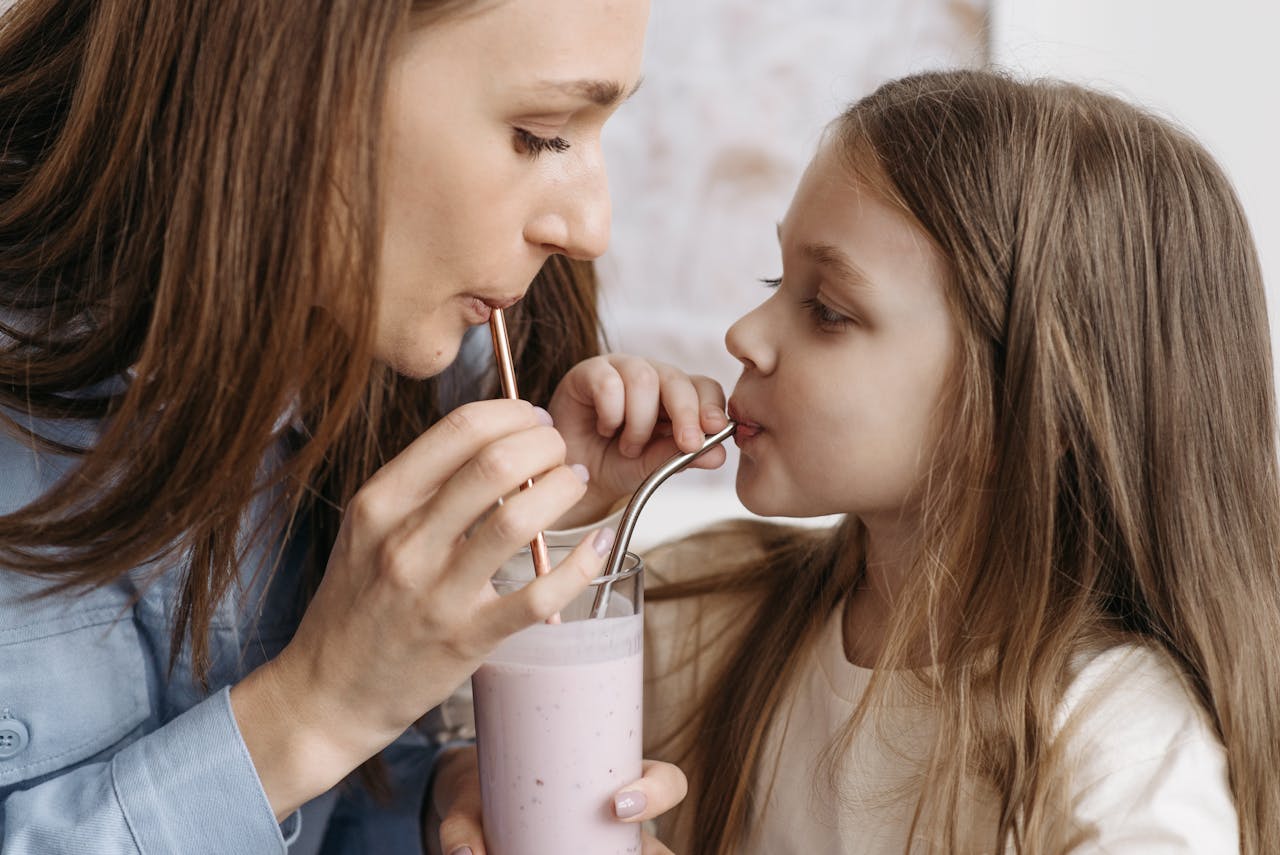

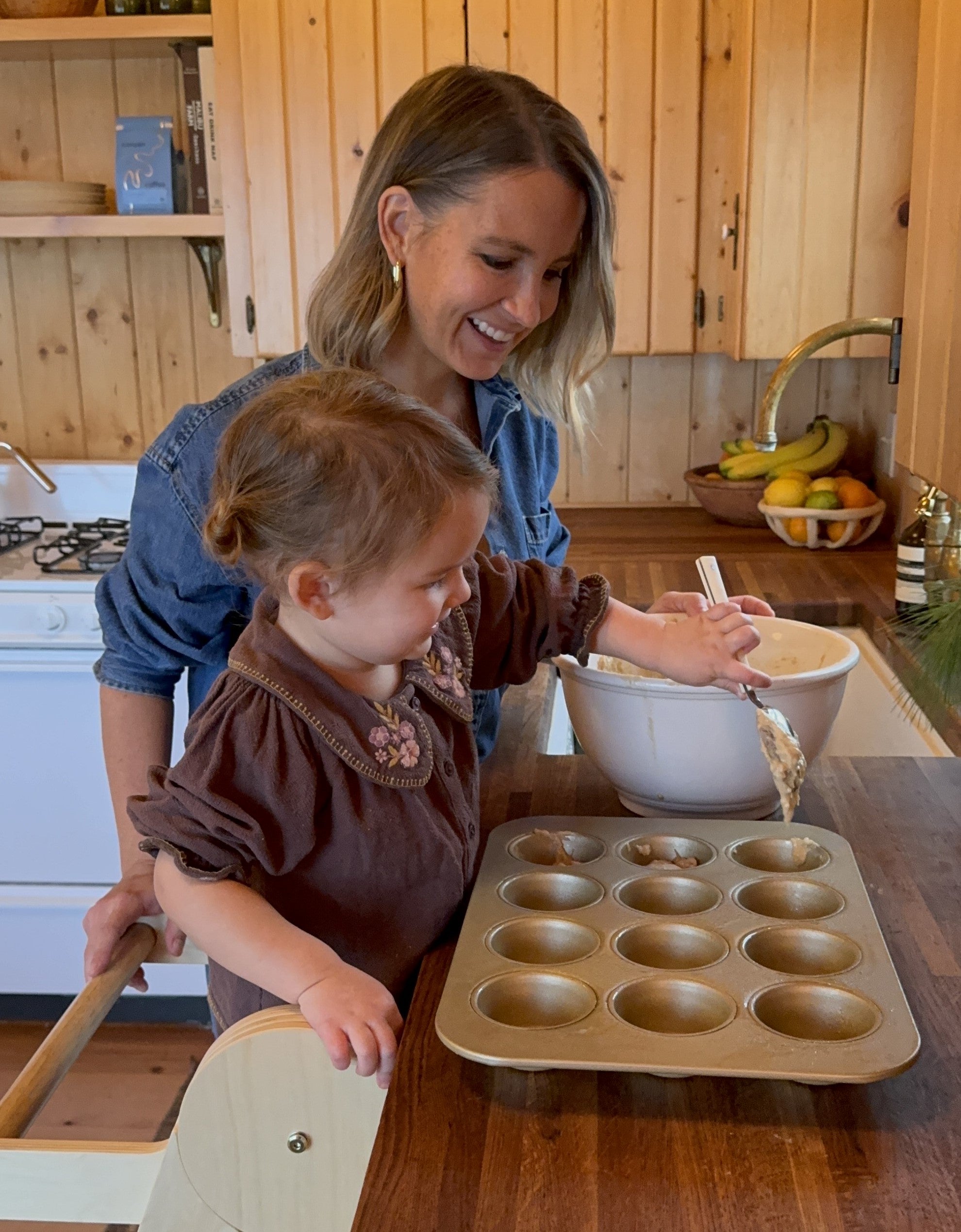
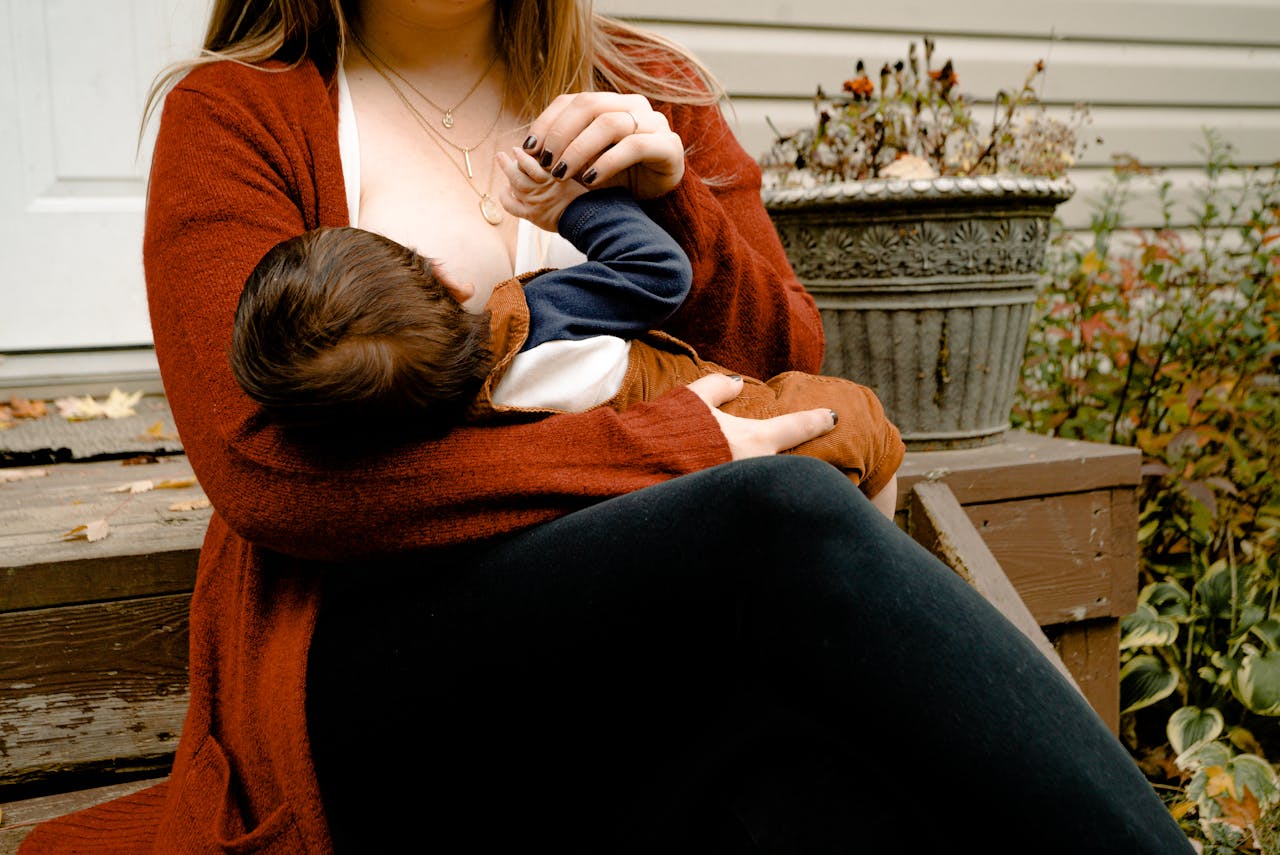
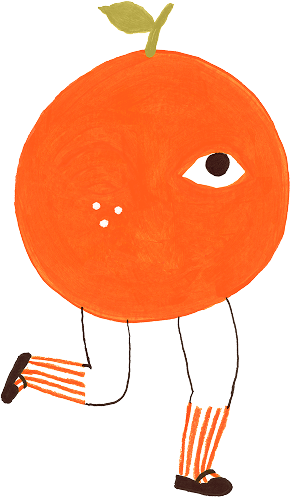
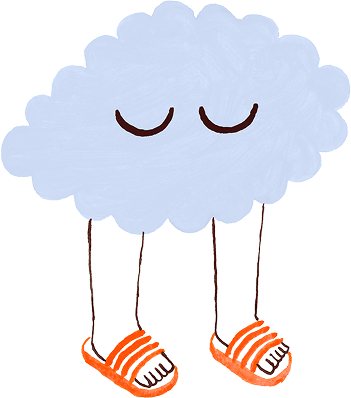
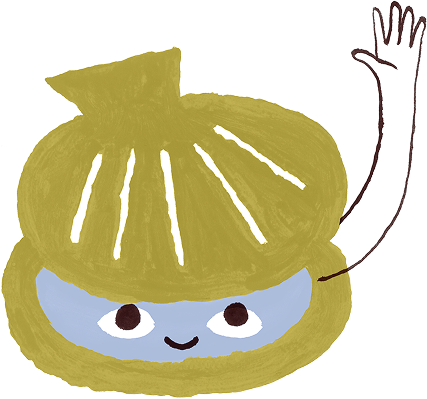
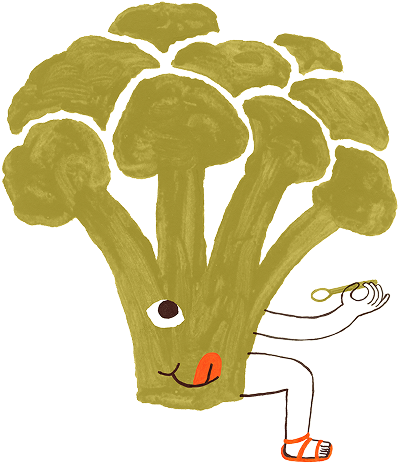
Leave a comment
This site is protected by hCaptcha and the hCaptcha Privacy Policy and Terms of Service apply.